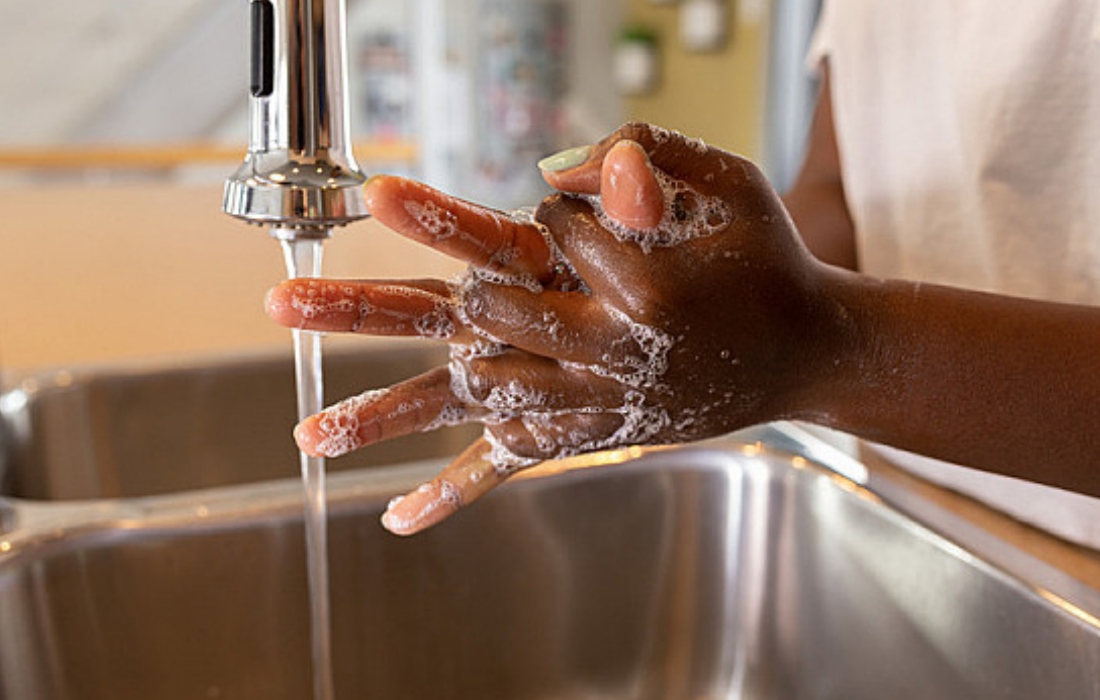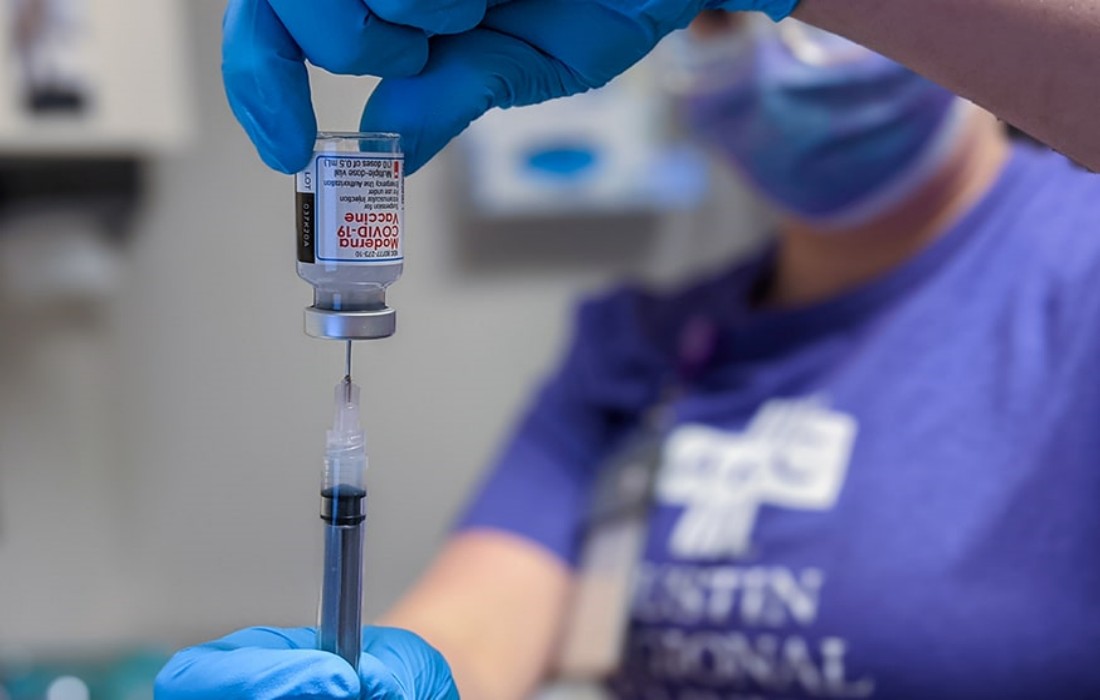Awareness is key when it comes to preventing the spread of disease. People need to be aware of how diseases are transmitted in order to recognize when they could potentially be exposed. Knowledge about which populations are most at risk can also help people identify situations where they may be more likely to become infected with a certain illness or virus. Education can help people understand why prevention measures such as vaccinations and handwashing are so important for protecting public health.
Preventive measures such as immunizations and good hygiene practices can go a long way in preventing the spread of infectious diseases. Vaccines provide protection by stimulating immunity against specific illnesses before contact with them occurs, making it much less likely that someone will contract the disease if exposed later on. Good hygiene practices like regular handwashing with soap and water also help keep germs from spreading from person to person or from contaminated surfaces or objects into a person’s body via their hands or mouth.
 Alongside these individual efforts, governments should put systems in place that help protect entire populations from potential outbreaks of contagious illnesses or viruses by providing access to clean water, proper sanitation facilities, vaccinations for high-risk individuals, monitoring for early signs of outbreaks, and responding quickly if an outbreak does occur. All these efforts combined make up a comprehensive approach towards preventing infections and limiting their spread once they do occur something we all must strive towards achieving together moving forward if we want our world population remain healthy and safe in years ahead!
Alongside these individual efforts, governments should put systems in place that help protect entire populations from potential outbreaks of contagious illnesses or viruses by providing access to clean water, proper sanitation facilities, vaccinations for high-risk individuals, monitoring for early signs of outbreaks, and responding quickly if an outbreak does occur. All these efforts combined make up a comprehensive approach towards preventing infections and limiting their spread once they do occur something we all must strive towards achieving together moving forward if we want our world population remain healthy and safe in years ahead!

Hi~Living Deals from "National Business Furniture"











